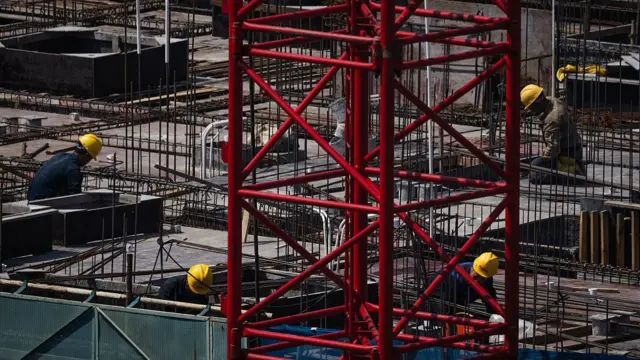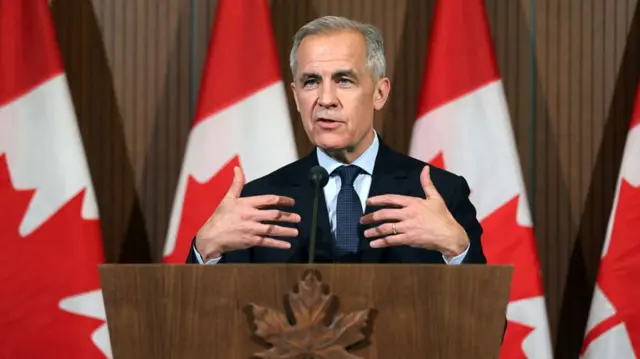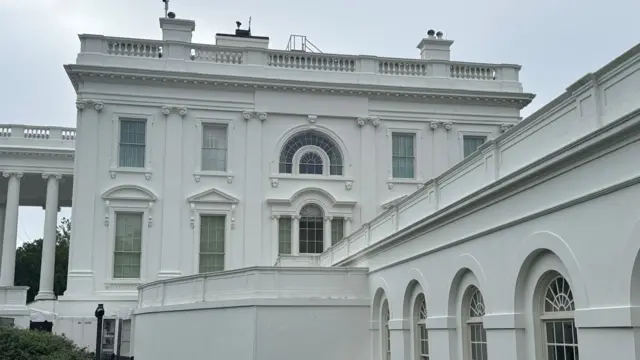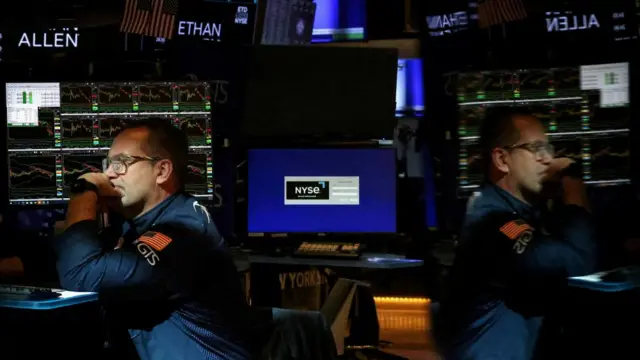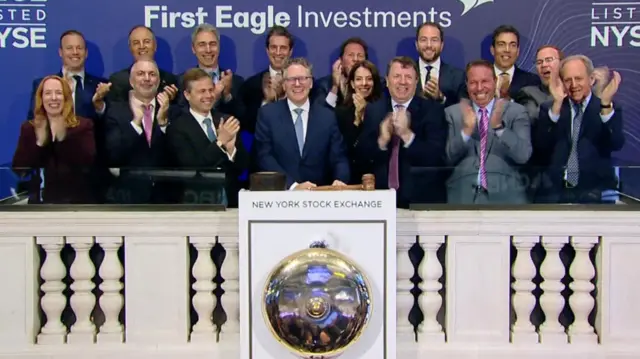Stay tuned for a briefing from the White Housepublished at 18:07 BST 29 May
We're due to shortly hear from White House Press Secretary Karoline Leavitt as she holds a news briefing.
This is a regularly scheduled briefing, so we expect her to deliver the White House's official response to a range of questions, not just on the latest ruling on the Trump administration's sweeping tariffs
Stay with us as we bring you the latest from Washington DC.

